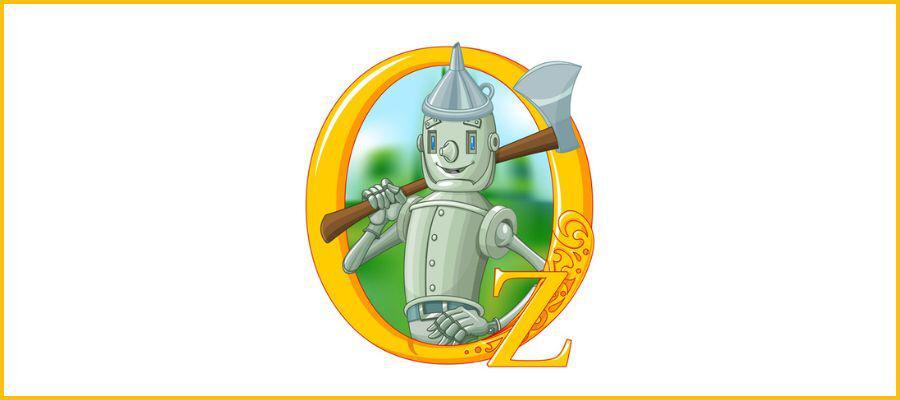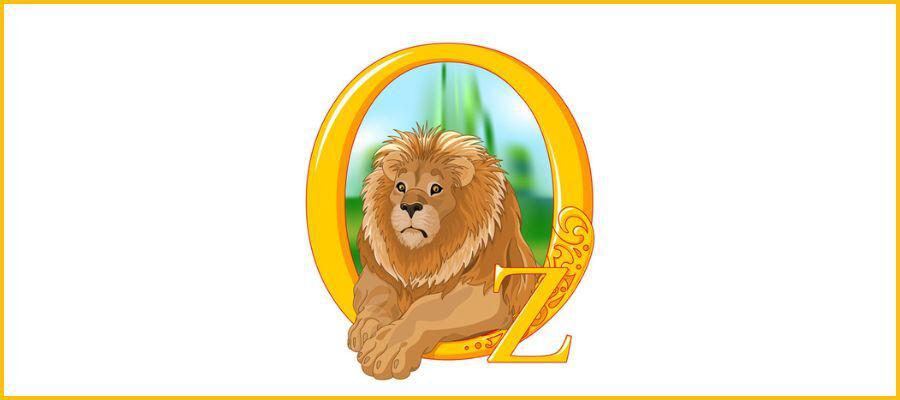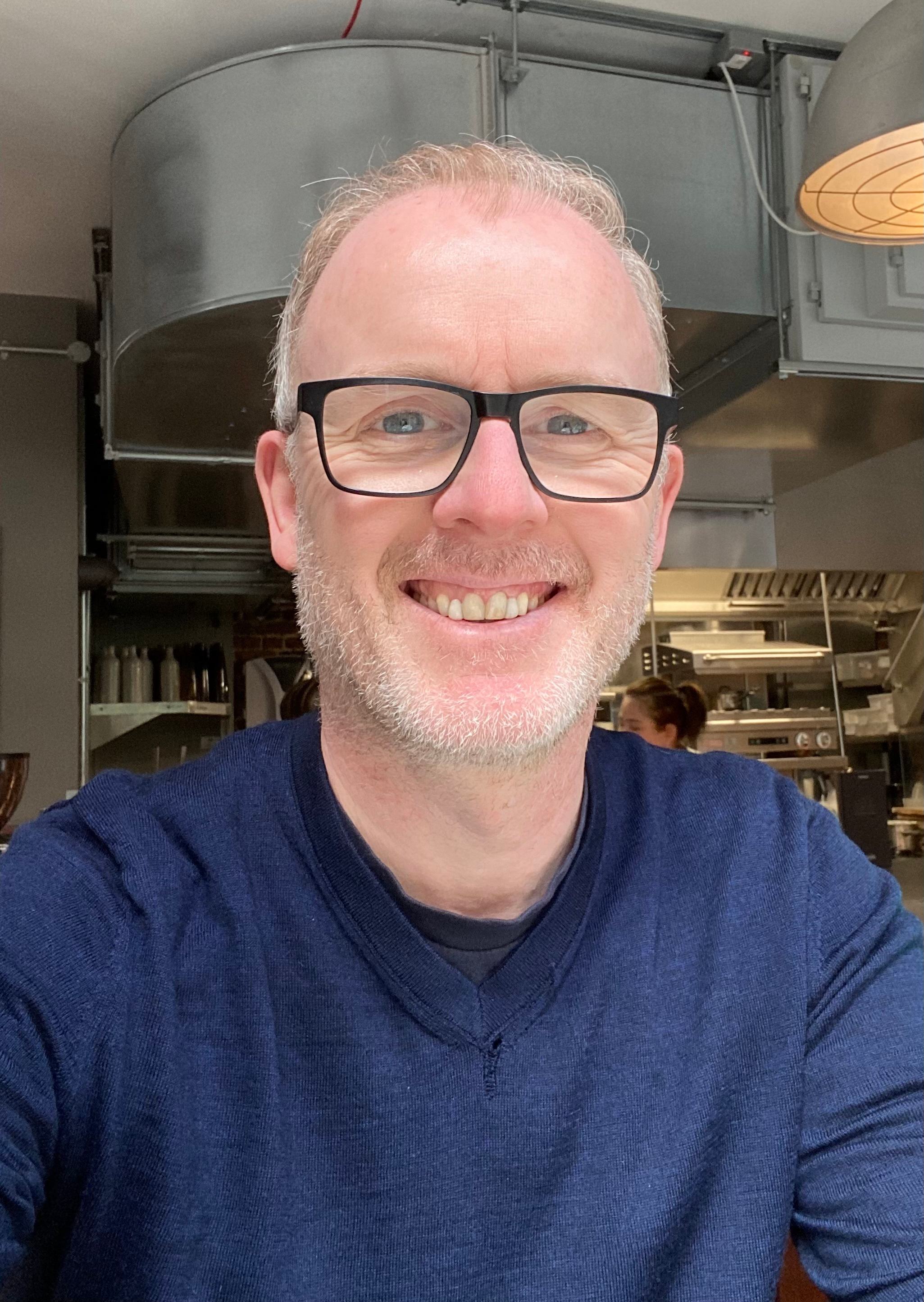The Wizard of Oz – key advice for legacy fundraisers
Chris Millward, head of legacies at Princess Alice Hospice, loved watching The Wizard of Oz as a child. He realises now that this classic film and its cast of colourful characters can also teach us a thing or two about great legacy fundraising. This article was first published by Remember A Charity following a Legacy Inspiration Hour session for its members.
- Written by
- Chris Millward
- Added
- December 04, 2024

Over the rainbow
First up, we’ve got Dorothy, a dreamer from a farm in Kansas. What we can take from Dorothy is that it’s alright to dream, because we all need a vision. We need to know what we’re aiming for, what our mission is, and to have a clear proposition to support it – a long-term plan. And we mean long-term, because often our fundraising conversations can have very short-term horizons, and as legacy fundraisers, we need to challenge that more.
How does our vision fit with our organisation’s mission and plans? Is it supportive? If not, how can we reconcile the two? Raising money through gifts in wills is not an end in itself – it helps our organisations do what we do to help the people and causes we support. We need to remember it’s about the bigger picture.
We also need a clear and compelling message proposition that is both unique to us and shows the clear impact of gifts in wills and what they will help us achieve. In doing so, we’re painting a picture of the future that we’re asking people to buy into. Here at the Princess Alice Hospice, our current message is that gifts in wills fund over a third of our vital care. We’re asking people to help keep caring compassion alive and make a lasting difference by leaving a gift in their will.

We’re off to see the Wizard
Next, we’ve got the Wizard; something that on the surface appears very different to what’s beneath. Here, we’re talking about myth busting and why for us as a sector it’s still important. Legacy giving is still not a social norm and we need to spend time on it both internally and externally to bust those myths and remove barriers. Myths are just as alive for us in the hospice sector as they are for any other organisation. Those who see what we do first hand get it – they understand the impact. Those who haven’t think all sorts of things, and we need to work to shift their perceptions of what hospices can do.
Remember A Charity is a great way to achieve that growth in legacy understanding and acceptance collectively. And, when it comes to our own legacy marketing, we need to prioritise those audiences who know who we are and get what we do, as they’re our warmest prospects – our beneficiaries, and their family and friends, for instance, as well as other warm supporters who are giving regularly, volunteering, sharing their voice through our campaigning work, and engaging through social media.
Taking things a step further, we also need to challenge myths around will writing and legacy giving. We need to get away from seeing it as legal, complicated and expensive. It’s a piece of death admin that many people put off, but we need to think bigger than that. Will writing is about so much more and can bring real benefits to donors, beneficiaries and organisations. So how can we engage people in a way that isn’t just about prompting them to consider leaving a gift in their will to support our work?
These conversations are sometimes prompted after someone has experienced the impact of a loved one not having planned ahead. An up-to-date will is one way we can all better plan for the inevitable. The positive benefits of will writing could be a tool in our toolkit that we don’t use as much as we ought.

If only I had a brain
The Scarecrow famously had no brain, and this one’s about insight and analysis. We need to use our brains to do our jobs better. Insight enables us to get to know our patch and our audiences better – meaning we can keep the needs of our beneficiaries and our supporters in mind as we develop our communications and product offers. So, how can we plug any knowledge gaps to drive informed programmes?
Here at Princess Alice Hospice, our geographical patch spans a huge area. But, when we looked at where some of our legators were coming from, we saw strong pockets of support further afield in Southwest London, as well as more locally around the Hospice. We were able to use that insight during Remember A Charity Week through targeting outdoor digital advertising in those areas. This means we’re able to focus our efforts on areas where we know we have a foothold and where we’re already receiving support. Quite often the challenge isn’t that we don’t have enough data – it’s that we’re not analysing it in the ways we need to in order to better understand it and help drive our work.

If only I had a heart
Tin Man famously lacked a heart. For me, legacy fundraising is all about the heart. As a hospice, we’re all about care and compassion and it’s important we’re consistent in thinking and acting in line with our wider organisational values. Think about your own organisation. What can you lean into? What can you leverage to be value-adding and an extension of the care and support you already provide?
For our supporters and service users it’s thinking about the wider benefits around planning and will writing, not just gift solicitation. It’s about our bereavement journeys. It’s about having will writing available for people on our inpatient unit. We’re about a reflection of life, love and values; for helping people shape their personal legacy and writing their last chapter – and will writing goes hand in hand with that. We’re here to support service users with empowerment and taking back control at the end of life. And, through talking legacies, we can also encourage generosity and provide an outlet for the reciprocity that people feel.

We thank you very sweetly
The Munchkins welcome Dorothy to Oz and this speaks of how important it is to give great stewardship, to value, support, and thank. Russell James, the American academic, proved that legacy attrition is a very real thing – with some of his early studies showing legacy attrition was 50 per cent over 10 years. In other words, half those who left a gift in their will for a charity had changed this in their will 10 years later.
Getting people across the line on will writing and leaving a gift is only the start of the journey. We’ve got maybe 10, 20, 30 years where it’s vital to continue to engage with supporters, show them the impact, thank and recognise them. It’s important we build meaningful relationships that are emotional rather than transactional. And using real stories to evidence the change that legacy gifts are allowing us to have now and the impact they will help us have longer term is a really powerful way to do this.
What stories can you tell? What different tools do you use? We held a ‘Meet the Chief Exec’ event recently and invited some of our long-standing supporters. It was great for engagement and feedback and some of them went away and increased their current giving or pledges. There’s a real opportunity to support people in reconsidering the sort of impact they might want to have and the sort of gift they might choose to give.

If I were King of the Forest
Finally, we’re on to the Cowardly Lion, who famously lacked courage. This is the most important one. Ultimately, we need to be brave; that’s our job as fundraisers. Our people skills are softer skills; our influencing skills are more important than our technical ones. We hire people on attitude, and we teach them the technical stuff about legacies.
Think about the strategy you’re inheriting as an organisation or as a legacy team. The culture you’re working within, the ways of working. And if it’s not working for you – challenge it. We need to be firm advocates for legacies, and sometimes the needs of a legacy programme are different from the needs of other areas of fundraising. We can become the champions of something far bigger than just ourselves in raising those challenges and doing those things. Our success is not down to us alone. Legacies within your organisation need to be a shared responsibility, and become something that everybody can play a part in. We need to be true champions of legacy giving so it becomes a strategic priority and the resources we need can be secured.
The dreams you dare to dream really do come true
The challenge we seek is greater than any one of us can achieve alone. 24 years ago, Remember A Charity was a small band of brave pioneers and today it’s a consortium of around 200 charities who rely on gifts in wills to continue our vital work.
What would I want to tell myself as a younger fundraiser? Like all the characters we’ve looked at in The Wizard of Oz, it wasn’t that they didn’t have a heart or a brain or lacked courage. Their greatness already lay within – they just didn’t realise it. So, dream big, challenge norms, do it with heart. Be brave.
IMAGES: © All images from Shutterstock


















